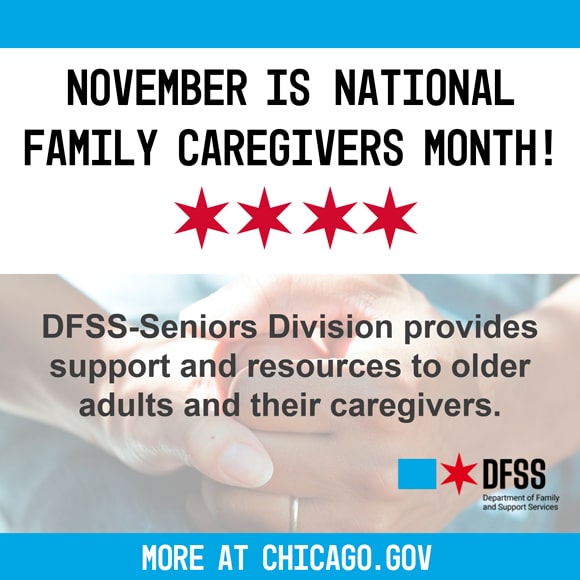We Must Act Swiftly to Beat Back COVID-19
On the morning of 9/11, the trauma director of the New York hospital where I was working mobilized a team of anesthesiologists, nurses, surgeons and surgical residents — myself included — to Ground Zero to care for the wounded. Amid the chaos, ashes and whirling office paper, we treated just a handful of people. People either had already made it out or had died within. We were too late.
The COVID-19 virus could be even more devastating, but unlike in 2001, we can do something before it’s too late if individual Americans listen up instead of tune out.
The effect of COVID-19 is widespread and insidious. There are no collapsed towers and no mass of humanity fleeing a tragedy. Our reaction to 9/11 was of initial shock, then commitment to recovery and then resolve to resume the life that the terrorists had disrupted. Nothing said “we will not be defeated” better than carrying on.
But with today’s COVID-19 crisis, we cannot carry on normally, because people will suffer. Unlike 9/11, where a return to normalcy was the best thing we could do, resumption of our normal lives now would be the worst.
For most people my age (I am 50), many of the strategies we learned to help our country overcome 9/11 simply do not apply. Exercising our freedoms — like going to the mall or Disney World — was our weapon then, but it would be our poison today.
Although we learned from 9/11, we’re not seeing evidence of some of those lessons today. During 9/11, our leaders were quick to embrace the Muslim-American community, not blame them. With COVID-19, we are pointing fingers overseas — and with time, I fear, at each other. With 9/11, there was an identifiable enemy we could picture huddled in a cave that we would seek and destroy. COVID-19 is invisible.
The COVID-19 virus could be even more devastating, but unlike in 2001, we can do something before it’s too late if individual Americans listen up instead of tune out.
COVID-19 is a 50-foot tidal wave that is coming, a wave that will overwhelm our medical resources to care for the sick — for those with and without the virus.
In preparation, my surgical colleagues and I were asked to cancel all cases except those that threaten “life, limb or critical function.” Closures are necessary because there is a shortage of hospital beds, ventilators, medical supplies, personal protective equipment and trained personnel.
The 45 ventilators in our intensive care unit are different from the 62 we have in our operating rooms, so rapid training is required to enable them for long-term use. The operating room closures due to resource constraints continue seemingly by the hour — like dominoes falling.
What COVID-19 requires is collective sacrifice. That’s how we pitch in. Few in my generation have ever really been called to sacrifice, myself included. The exception is the very best among us who fought in our military in response to 9/11 while the rest of us lived freely. However, collectively, we can manage and minimize the impact of COVID-19.
If we tune out, we will overwhelm a health system that lacks the resources to handle an outbreak with the severity of illness this virus can bring. It hits the asthmatics, the elderly and those with underlying health conditions particularly, but any of us potentially.
If we listen up, we can manage this crisis, but not easily. Expect your home to face similar challenges as China, Iran, Italy, France, Spain, Seattle and New Rochelle, NY. Fortunately, we can prepare. We can create a series of barricades to create smaller waves instead of the 50-foot tidal wave that could wipe many people out.
These barricades are built by washing hands, practicing social distancing and isolating yourself if you feel sick. That’s it. With collective effort, cooperation and sacrifice, we in the healthcare system will face smaller tidal waves spread out over time. So listen up and follow the official advice you are given. And trust the source.
Our kids — who, in and around Chicago, are now out of school, out of sports and out of luck — simply cannot meet up at large parties. Adults cannot permit — or do — this either. We have to say goodbye to normalcy, and we have to distance physically. Thankfully, this will be temporary.
Collectively, we can steer the proverbial plane away from the towers that house our most vulnerable. With proper adherence, unlike that hastily assembled Ground Zero team, we healthcare providers can treat many patients without chaos, before it’s too late.












